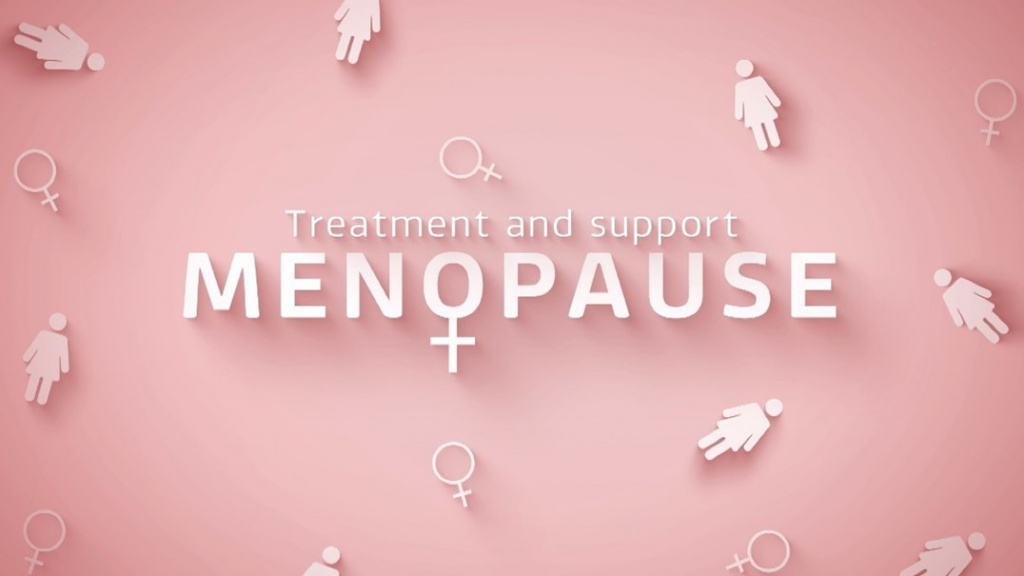After a year long inquiry, the all-party Menopause Parliamentary Group has now reported back to MPs. It has criticised the current support offered to women as “completely inadequate” and described access to hormone-replacement therapy (HRT) as “a postcode lottery”, creating a socio-economic divide between those who have the financial means to seek out treatment and those who don’t. It says action is needed to improve the situation for those going through the menopause, as well as the families, friends and colleagues affected by it. Untreated menopause symptoms can ruin relationships and careers.
The Group identified that, despite the fact that half the population will experience the menopause:
- It is really hard for women to get a menopause diagnosis at the right time and, indeed, at all.
- Women who have gone to their GP for help, suspecting that they were perimenopausal, were told to go away and “wait and see” instead of getting health advice around it.
- Access to HRT is restricted. It can be difficult to get it.
- Many women have long waits to receive HRT.
- Many women are not being offered HRT by their doctors at all.
- Others are turning down treatment based on misconceptions. There is a lot of evidence around the safe and effective use of HRT. Yet, misconceptions remain around its usage and the perceptions of its dangers, both among women and medical professionals.
- Prescription charges apply to HRT in England still.
- Many women, struggling due to the menopause, have been offered anti-depressants instead of HRT, contrary to NHS guidelines.
- Many women receive a lack of support from their employer, whilst struggling at work, or simply struggling with horrific symptoms.
By way of key recommendations, the Group has found that:
- England should give HRT for free to all who need it, in line with the other nations of the UK.
- Once women hit 45, and are typically approaching or in the early stages of the perimenopause, they should be offered a free health check to discuss the menopause. This would be in addition to the standard NHS health check offered to all men and women in England as they hit 40, as this just specifically looks for early signs of stroke, heart disease, diabetes and dementia. It does not deal with anything targeted towards women specifically. This additional check for women would operate in a similar way to cervical cancer smears when all women are invited to make an appointment.
- This should help GPs to diagnose menopause at an earlier stage.
- Health workers should receive fresh training on menopause symptoms, in addition to the assessments that are being introduced for incoming medics from 2024/25 onwards, to cover the menopause.
- Women need to receive the necessary support and care as early as possible, as their hormones decline, and menopausal symptoms, such as hot flushes and night sweats, begin. This is particularly important as researchers have warned of growing evidence that there is a link between women who have more frequent hot flushes being more likely to have high blood pressure, insulin resistance, diabetes, unhealthy levels of blood fats and a greater risk, in midlife and beyond, of fatty build ups in their artery walls. In addition, a recent study showed that frequent or persistent night sweats, hot flashes and flushes during mid-life are associated with a 50% to 77% increased risk of future cardiovascular events such as heart attacks or strokes as the women age.
- As soon as women start experiencing menopausal symptoms, they should receive the right checks.
- The right information and the right treatment can then be provided to women in good time, to help them to understand and manage the menopause transition.
- Our society needs to tackle the taboo, which still prevails in all corners – in workplaces, within families and among friends, in education, and in the medical profession.
- Barriers to better menopause support need to be broken down for those from minority backgrounds, such as minority ethnic groups and the LGBT+ community. Their members reported that they could not identify with the images and experiences portrayed about menopause and they were found to be underrepresented in research.
- Workplaces need to do more to support women in connection with the menopause. It can have a debilitating impact on their day-to-day lives and financial wellbeing. Almost one million women are known to have left their jobs in the workplace as a result of menopausal symptoms. Others are forced to take days off work, typically on zero pay.
Employers and employees alike, take note!

